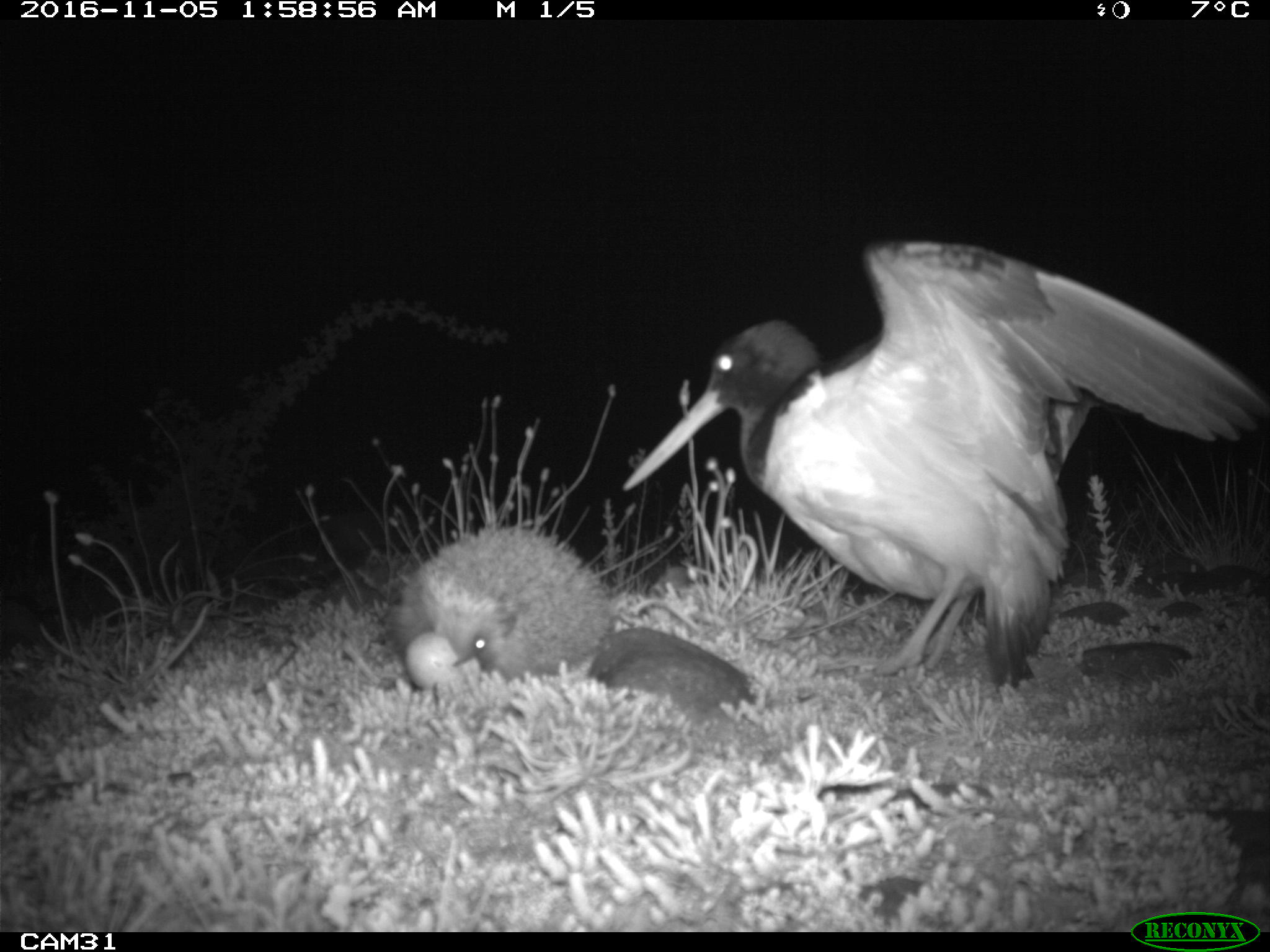
What the Nose Doesn’t Know Helps Wildlife: Using Olfactory Cues to Protect Vulnerable Species
Behavioral ecologists have discovered a way to harness animals’ olfactory ability to protect vulnerable plants and endangered animals.

Behavioral ecologists have discovered a way to harness animals’ olfactory ability to protect vulnerable plants and endangered animals.
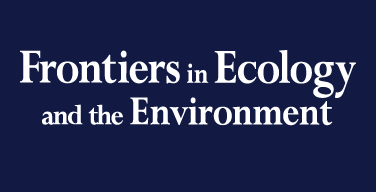
New research from the Voyageurs Wolf Project shows that some wolves were much better at ambushing and killing beavers and, in turn, altered more wetlands than other wolves.

An international study argues that the conservation of aquatic fungi has not been given due importance, and needs to be urgently recognized as a management priority.
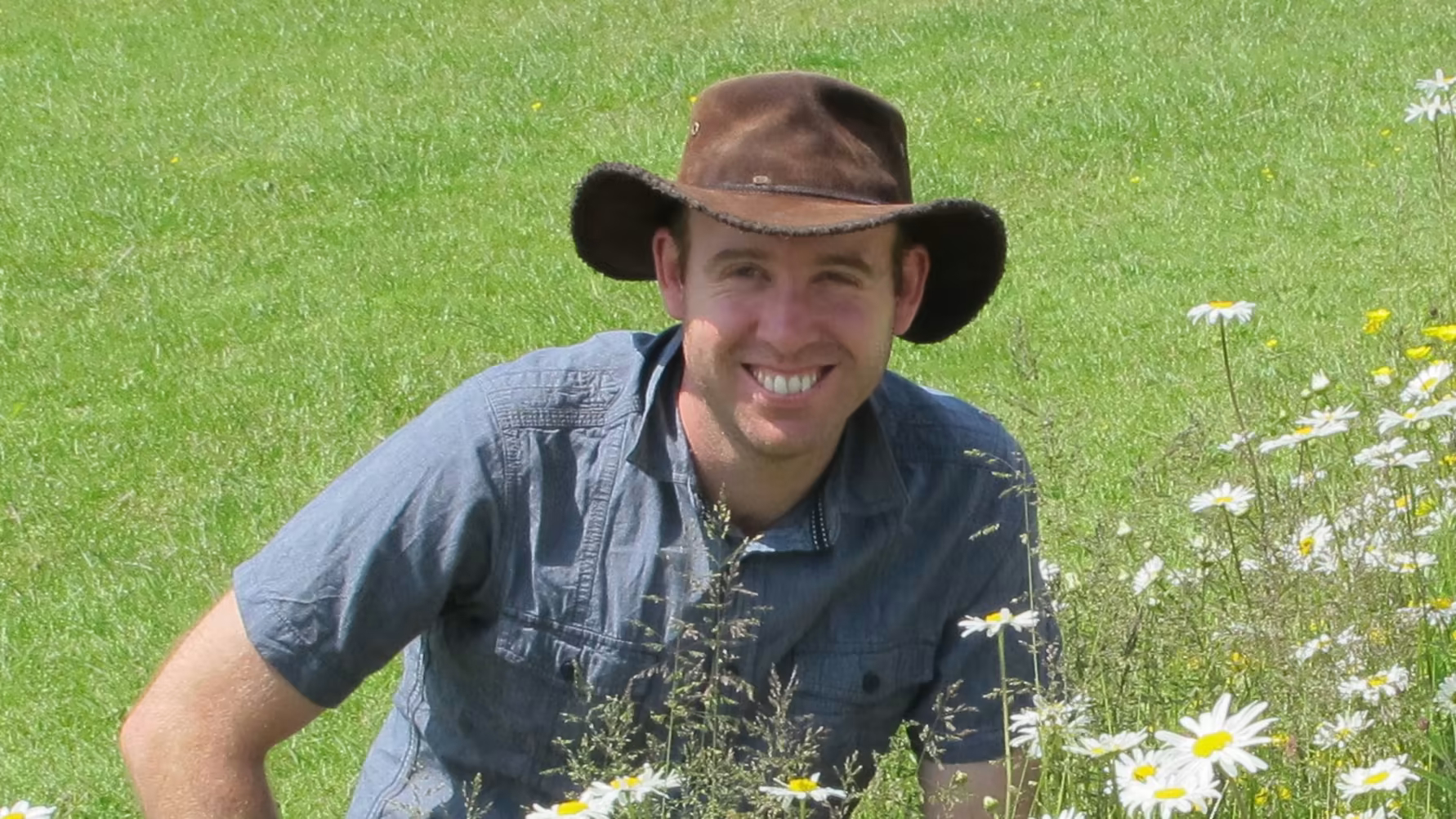
Dr Mark Goddard, an urban ecologist interested in biodiversity conservation and the provision of ecosystem services in cities, is a co-recipient of the Sustainability Science Award from the Ecological Society of America.

New research reports evidence of a gall-forming aphid, Mordwilkoja vagabunda, defending itself against predators – a first for this species.

A new paper addresses the problem of a lack of attention towards aquatic fungi as potential conservation targets.
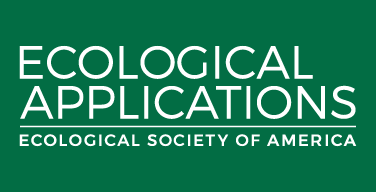
A review of 13 years of agricultural data collected by the Spanish government shows that pest populations are more stable and easier to predict and control in diversified landscapes.

A new study by more than 120 research institutions gathers largest-ever photo database of Amazon wildlife, with stunning images of jaguar, puma, giant anteaters, tapirs, bears and hundreds of other species.

New research led by an Oregon State University scientist provides the first long-term study of methods to control the spread of wildfire in the sagebrush steppe ecosystem that dominates parts of the western United States.

A new study shows that popular restoration efforts would need to be conducted at much greater spatial and temporal scales than currently pursued in order to have long-term benefits.

(May 18, 2022) – Sessions focus on transforming the science of ecology – “a change is gonna come”

New research from the University of California, Davis shows how biological invasions interact with a changing climate in unpredictable ways.

New research from UC Santa Barbara scientists explores what happens when traits jump between branches of the tree of life.

The ʻōhiʻa tree, which is endemic to Hawaiʻi, may be easier to repopulate than previously thought, according to new research from the University of Hawaiʻi at Mānoa.

(April 28, 2022) – The 107th Annual Meeting of the Ecological Society of America will be held at the Montréal Convention Centre, August 14-19, 2022. ESA invites press and institutional public information officers to attend for free.

Priyanga Amarasekare, a professor of ecology and evolutionary biology at UCLA, has won ESA’s 2022 Robert H. MacArthur Award.

Jacquelyn Gill and Kit Hamley are co-authors on a research paper that was recently selected as the winner of ESA’s W.S. Cooper Award for a study of seabirds in the Falkland Islands.

Hanqin Tian, the Solon and Martha Dixon Endowed Professor in Auburn University’s College of Forestry and Wildlife Sciences, has been elected as a fellow of ESA.
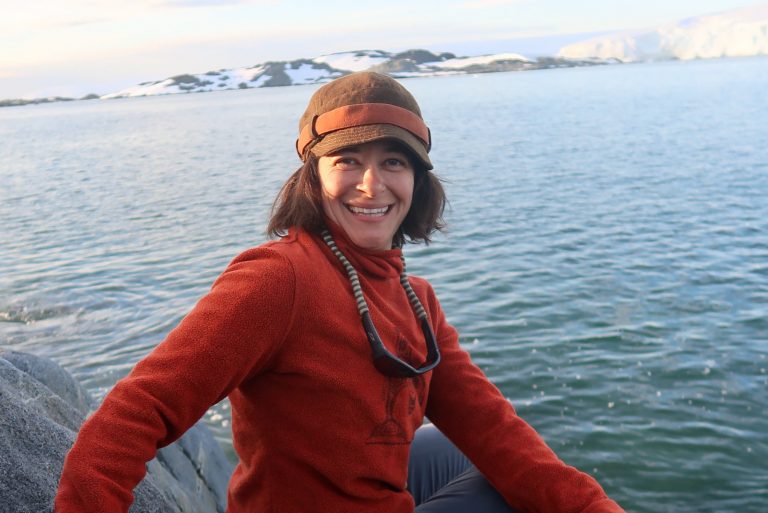
Dulcinea Groff, a University of Wyoming postdoctoral research associate, has been named the recipient of ESA’s William Skinner Cooper Award.

ESA recently selected a research paper whose lead author is Myla Aronson, an assistant professor at Rutgers University, as the winner of its Sustainability Science Award.